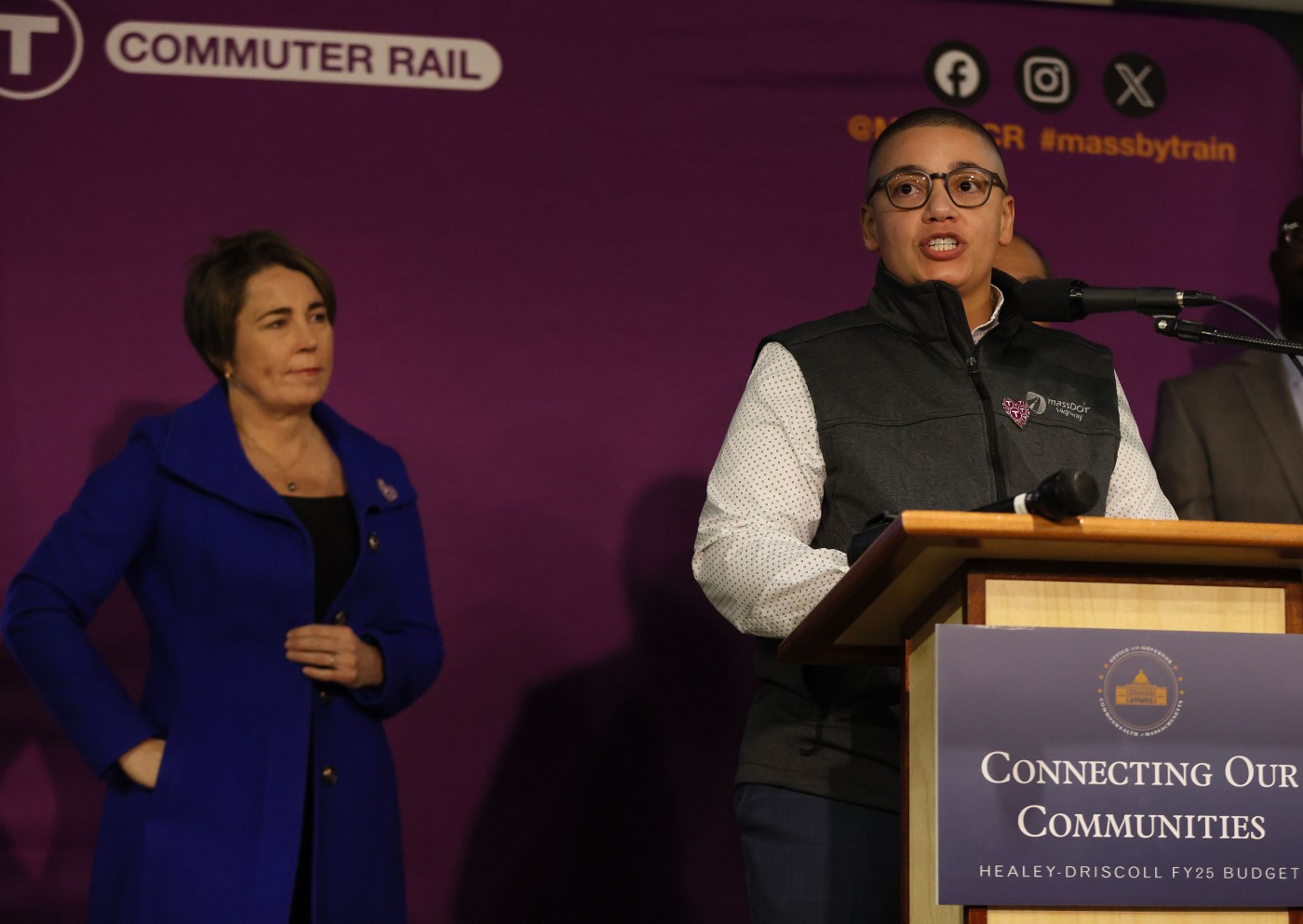
Millionaire’s tax underwrites transportation and education funding; split knocked
Lawmakers from the Joint Committee on Ways and Means seemed surprised to learn from the state’s top transportation officials that they don’t need any more money than they’re set to receive from the governor’s $58.1 billion fiscal 2025 spending plan.
The proposed budget includes $3 billion for “all modes by which people and goods travel in Massachusetts – train, bus, subway, bike, car, commuter rail, ferry, airplane, or as a pedestrian,” according to the Healey Administration.
However, the billions of dollars made by the state’s new so-called millionaire’s tax, which taxes any income over $1 million at rate of 4%, isn’t scheduled to be split evenly between the two areas of the budget the tax is meant to bolster.
The new amendment to the Bay State’s constitution — sometimes called the Fair Share Amendment — was designed with the aim of getting the very wealthy to help fund transportation initiatives and educational improvements. Gov. Maura Healey’s 2025 spending plan apparently accomplishes this, but it also gives about 20% more to education than the state’s beleaguered transportation networks.
During a field hearing held Tuesday at Bristol County Agricultural High School, Somerville’s state Rep. Patricia Haddad pointed out as much to Transportation Secretary Monica Tibbits-Nutt, and seemed surprised to hear that the secretary saw no issue with the disparity in spending.
“We got everything we needed,” the secretary said, after explaining that the difference was arrived at only after consultation with Secretary of Education Patrick Tutwiler.
The nonpartisan fiscal watchdog group Massachusetts Fiscal Alliance, in a budget analysis brief they published ahead of the hearing, doesn’t seem to think that’s the case.
“In FY 2024, the House and Senate budgets followed MTF’s recommendation to evenly split surtax spending between transportation and education. The final budget shifted the split slightly, upping the education share to 52 percent. In Governor Healey’s budget, we see a further shift towards education receiving nearly 60 percent of resources. This shift is problematic,” they wrote
Part of the problem is that the current MBTA spending plan, according to MTF, will empty out the transit systems’ emergency funds just to make ends meet in 2025, all while there is more trouble on the horizon in the form of “major shortfalls in both operating and capital transportation budgets are projected as soon as FY 2026.”
“It does not make sense for the MBTA to exhaust all reserves to close the FY 2025 budget leaving the authority with little financial flexibility,” MTF wrote. “Should expenses climb from higher personnel or maintenance costs or should revenues slip, or both, the MBTA would be forced to pursue more aggressive funding alternatives such as deploying a portion of federal matching funds for operations rather than critical capital costs.”
Joint Ways and Means hearings like the one held Tuesday are a step in the budget process but not the end. Lawmakers will hold several more hearings before the release of the House Ways and Means budget sometime later this year.


